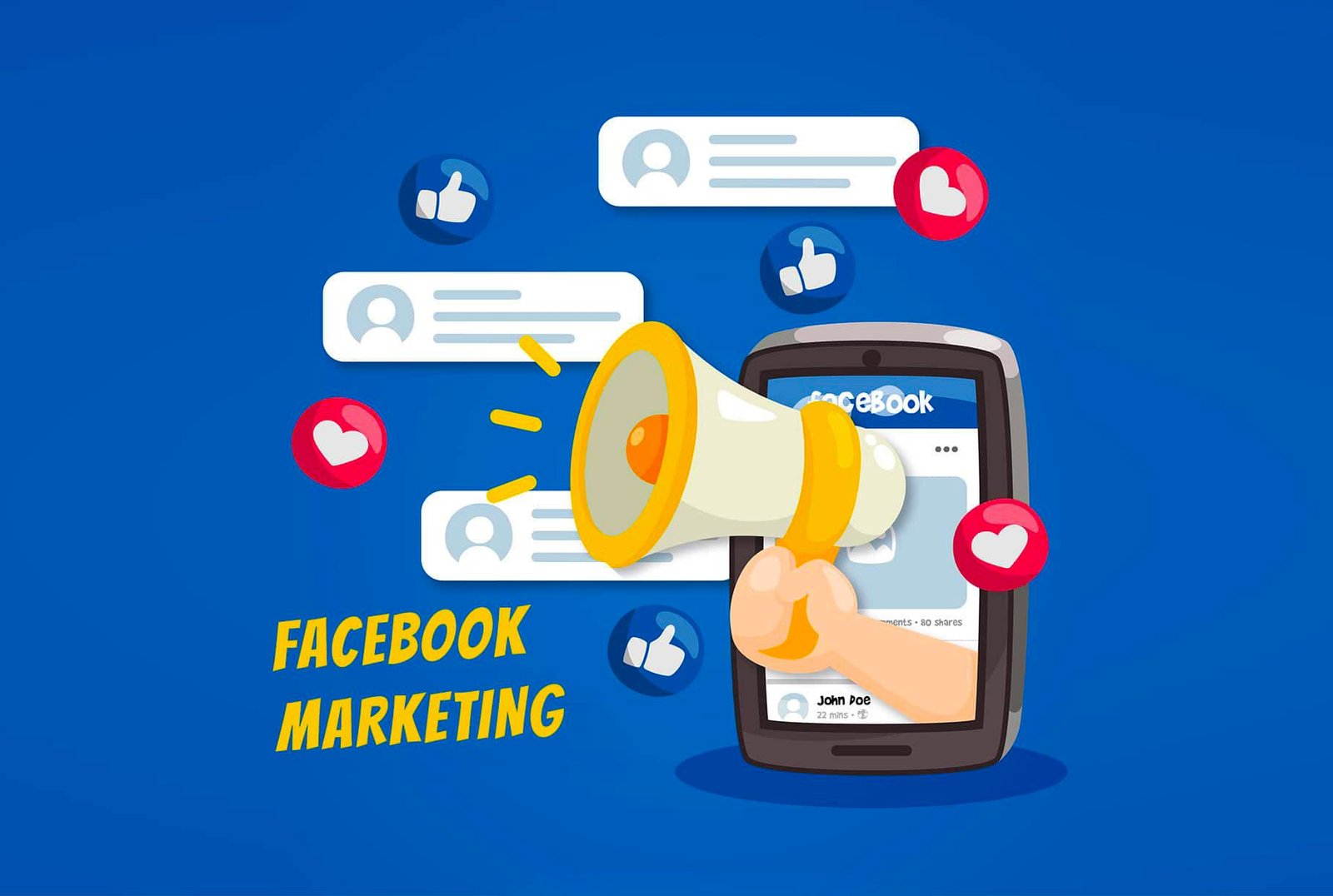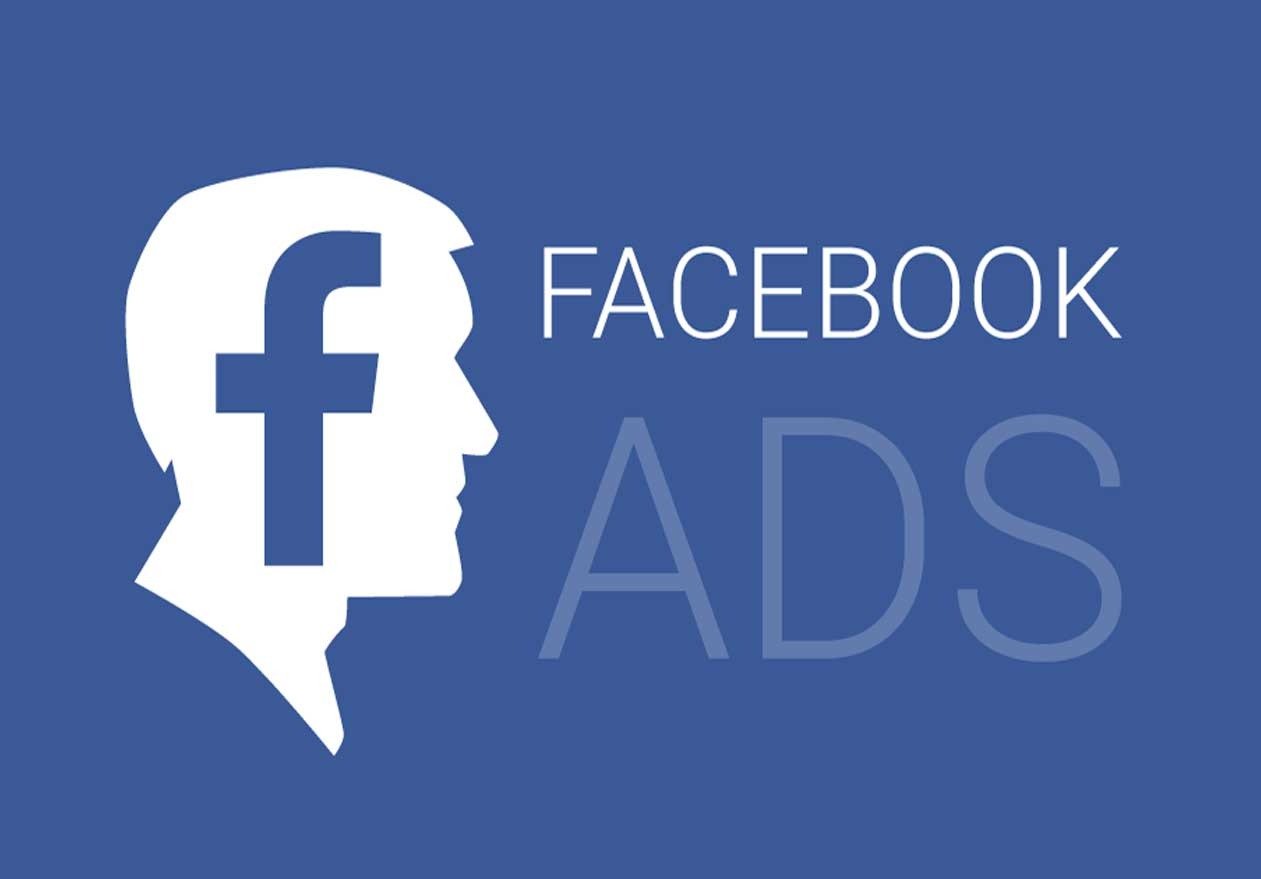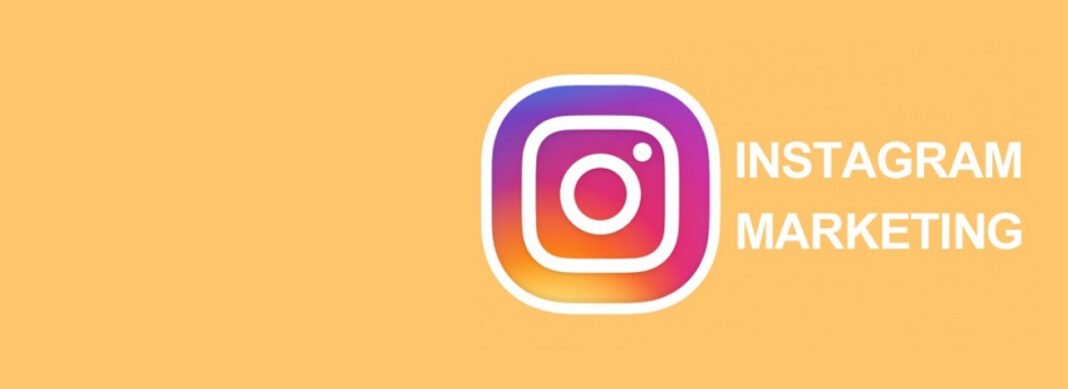If you’re looking to harness the power of social media for your business, Facebook is an essential platform to consider. With its massive user base and extensive marketing capabilities, Facebook offers tremendous opportunities for businesses to reach and engage with their target audience. In this article, we’ll explore 25 Facebook marketing tips and tricks that can help you leverage the platform effectively to promote your products or services and achieve your business goals.
Table of Contents
- 1 Introduction
- 2 Setting Up a Facebook Business Page
- 3 Building a Strong Facebook Presence
- 4 Content Strategy and Creation
- 5 Maximizing Reach and Engagement
- 6 Facebook Group Marketing
- 7 Utilizing Facebook Live
- 8 Facebook Messenger Marketing
- 9 Monitoring and Analyzing Performance
- 10 Integrating Facebook with Other Marketing Channels
- 11 Staying Up-to-Date with Facebook Updates
- 12 Ensuring a Positive Customer Experience
- 13 Collaborating with Influencers and Partners
- 14 Measuring ROI and Evaluating Success
- 15 Conclusion
- 16 FAQs:
- 16.1 Can I use my personal Facebook profile for business purposes?
- 16.2 How can I target a specific audience with Facebook Ads?
- 16.3 How frequently should I update my Facebook Business Page?
- 16.4 Is it necessary to have a Facebook Group for my business?
- 16.5 How can I measure the success of my Facebook marketing campaigns?
Introduction
In today’s digital age, being a Facebook advertising expert and having a strong online presence is crucial for business success. Facebook, with its over 2.8 billion monthly active users, provides an unparalleled platform to connect with potential customers, showcase expertise as a Facebook advertising expert, and build brand awareness. By implementing effective marketing strategies on Facebook, businesses can expand their reach, drive traffic to their websites, and generate leads.
Setting Up a Facebook Business Page
The first step to leveraging Facebook for business is to create a Facebook Business Page. This dedicated page allows you to showcase your brand, provide essential information, and engage with your audience. When setting up your page, ensure that you optimize the page information by including relevant keywords, a compelling description, and accurate contact details. Customizing page settings, such as privacy and notifications, will help you manage your page efficiently.
Building a Strong Facebook Presence
To make a lasting impression on Facebook, it’s essential to establish a strong brand presence. Consistency is key, so ensure that your brand’s visual elements, such as the cover photo and profile picture, are cohesive and aligned with your overall branding. Craft an engaging “About” section that effectively communicates your brand’s story and value proposition. Additionally, leverage Facebook Insights to gain valuable audience insights and refine your marketing strategies.
Content Strategy and Creation
A successful Facebook marketing strategy starts with a well-defined content strategy. Begin by understanding your target audience’s preferences, needs, and pain points. Create content that adds value to their lives, such as informative articles, entertaining videos, or inspirational quotes. Experiment with different content formats, including text, images, videos, and live streams, to keep your audience engaged. Consistency in posting and choosing the right timing is vital to maximize your content’s visibility.
Maximizing Reach and Engagement
While organic reach on Facebook has decreased over the years, utilizing Facebook Ads can significantly boost your reach and engagement. Facebook Ads allow you to reach your ideal clients based on demographics, interests, and behaviour. Additionally, you can boost high-performing organic posts to expand their reach further. Running contests, giveaways, and encouraging user-generated content are effective strategies to boost engagement and foster a sense of community.
Facebook Group Marketing
In addition to a Facebook Business Page, creating and managing a Facebook Group can be a valuable marketing tool. Facebook Groups enable you to build a community around your brand, engage with your most dedicated customers, and nurture meaningful relationships. Within the group, you can promote your products or services, provide exclusive content, and gather valuable feedback from your audience.
Utilizing Facebook Live
Facebook Live is a powerful feature that allows you to connect with your audience in real-time. Plan and promote live streams on topics that resonate with your audience, such as behind-the-scenes glimpses, product demonstrations, or Q&A sessions. During the live stream, encourage viewer interaction by responding to comments and addressing their questions. Repurpose the live videos by sharing them afterward, extending their lifespan and reaching a broader audience.
Facebook Messenger Marketing
Facebook Messenger presents an opportunity for businesses to provide personalized customer support and streamline communication. Utilize Messenger to respond promptly to customer inquiries and provide automated responses using chatbots for frequently asked questions. Additionally, you can send targeted messages and promotions to users who have engaged with your brand, helping to drive conversions and nurture leads.
Monitoring and Analyzing Performance
To gauge the effectiveness of your Facebook marketing efforts, it’s crucial to monitor and analyze your page’s performance. Facebook provides detailed insights into your page’s reach, engagement, and audience demographics. By tracking these metrics regularly, you can identify patterns, make data-driven decisions, and optimize your strategies for better results. Experiment with different types of content and promotional tactics to find what works best for your audience.
Integrating Facebook with Other Marketing Channels
Facebook works best when integrated with your overall marketing strategy. As a Facebook ads agency, you can cross-promote your Facebook presence on other social media platforms to increase your reach and visibility. Incorporate Facebook into your email marketing campaigns by including social sharing buttons and leveraging Facebook ads to retarget your email subscribers. Implementing Facebook Pixel on your website, as a Facebook ads agency, enables you to track user behavior, optimize ads, and run effective retargeting campaigns.
Staying Up-to-Date with Facebook Updates
Facebook frequently updates its algorithms and features, which can impact your marketing strategies. Stay informed about the latest changes and updates by following official Facebook resources, such as the Facebook Business Blog and the Facebook Ads Help Center. Adapt your strategies accordingly to ensure that you stay ahead of the curve and make the most out of the platform’s evolving dynamics.
Ensuring a Positive Customer Experience
As you engage with your audience on Facebook, it’s crucial to provide excellent customer service and maintain a positive brand image. Respond promptly and professionally to customer inquiries and feedback. In the face of negative comments or reviews, address them diplomatically and offer solutions publicly or privately. Utilize Facebook as a tool for reputation management, ensuring that customers perceive your brand positively.
Collaborating with Influencers and Partners
Influencer marketing has gained significant traction on Facebook. Identify relevant influencers in your industry and explore opportunities for collaboration. Influencers can promote your products or services to their engaged audience, increasing brand awareness and driving conversions. When approaching influencers, focus on building authentic relationships and providing value to both the influencer and their audience.
Measuring ROI and Evaluating Success
To measure the effectiveness of your Facebook marketing campaigns, calculate the return on investment (ROI) from your efforts. Set specific goals, such as increased website traffic, lead generation, or sales, and track your progress using Facebook Insights and external analytics tools. Regularly evaluate your strategies, identify areas for improvement, and iterate on your approach to maximize your ROI.
Conclusion
Facebook offers a vast array of marketing opportunities for businesses of all sizes. By implementing the 25 Facebook marketing tips and tricks outlined in this article, you can harness the platform’s potential to promote your products or services, build a strong brand presence, and engage with your target audience effectively. Stay proactive, adapt to changes, and continuously optimize your strategies to achieve long-term success on Facebook.
FAQs:
Can I use my personal Facebook profile for business purposes?
Yes, while it’s recommended to have a dedicated Facebook Business Page, you can utilize your personal profile for business purposes. However, keep in mind that personal profiles have limitations in terms of features and targeting options compared to Business Pages.
How can I target a specific audience with Facebook Ads?
Facebook Ads provide extensive targeting options based on demographics, interests, behavior, and more. You can define your target audience by selecting specific characteristics and creating custom audiences for precise targeting.
How frequently should I update my Facebook Business Page?
The frequency with which you post will be determined by your audience and the type of content you’re sharing. Aim for consistency, whether it’s daily, several times a week, or weekly. Monitor audience engagement and adjust your posting frequency based on their response.
Is it necessary to have a Facebook Group for my business?
Having a Facebook Group can be beneficial for community building, fostering engagement, and nurturing customer relationships. However, it’s not mandatory. Assess your business goals and audience preferences to determine if a Facebook Group aligns with your strategy.
How can I measure the success of my Facebook marketing campaigns?
Facebook provides detailed insights into reach, engagement, and audience demographics. Additionally, you can set specific goals and track metrics such as website traffic, leads generated, or sales. Utilize analytics tools to measure conversions and attribute them to your Facebook campaigns accurately.




